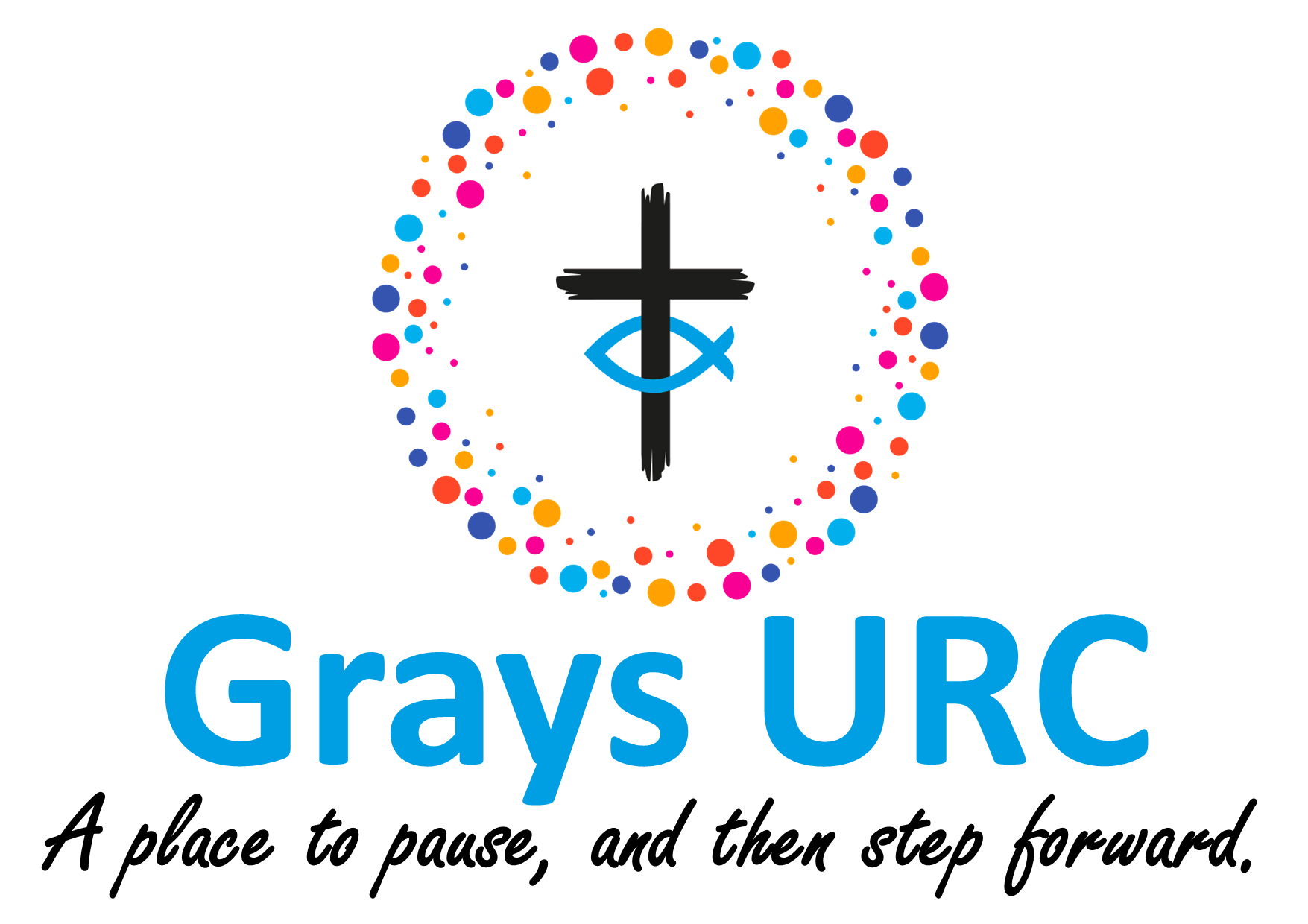Rev'd David Coaker's Service of Induction as our Minister is on 14 April at 2pm. This is a reminder for you to let Elaine know whether you will be at the Service which will be followed with refreshments. Please let Elaine know by the 6 April or sooner if...
The Letter Kills but the Spirit Gives Life
St. Paul uses these words in his second letter to the church in Corinth. What did he mean by them? We are approaching the time of Pentecost, (or if this edition of S.V. is not issued by the end of May, we are already there!) and Pentecost is a time to look at what his words mean. Do you remember the T.V. programme presented by Esther Rantzen in which she made fun of ‘jobs-worth’ people? They were people who clung to the letter of the law or regulations to the point where they tended to bring the law into disrepute. They wouldn’t bend. “It’s more than my job’s worth,” was their favourite saying. Well, a lot of the Jews of Paul’s time were like that – they clung tightly to the Mosaic law and wouldn’t budge. And if the law wasn’t absolutely clear to them the Pharisees invented their own translations for them to follow. Paul recognised that he had acted like a typical Pharisee at one time, knowing by heart all the ‘thou shalt nots’. That’s why he was on the way to Damascus, to root out all those Christians who he considered were committing blasphemy. The punishment for […]“Changing Pathways”
‘Never heard of it!’ I hear you cry. That has been the heading for the last year at least for the thank you letters we have received from the women’s refuge, and which have been pinned to the notice board. This harvest weekend was the first time in a good number of...
Oneness
It looks a funny word when written down, "oneness." The Oxford dictionary defines it as 'the state of being one – unity of opinion'. One might say that's almost the opposite of what we see in today's politics. Party is always against party and even within the same...
“Reasons to Celebrate”
Sunday January 14th was a momentous day for Grays United Reformed Church. Having welcomed Rev’d Dave Coaker to lead morning worship and communion, to ‘preach with a view’ for our 50% ministerial position, and subjected him after that to an interesting question and...
Harvest and 60th Anniversary Weekend
A big thank you to everybody for playing a part to make the weekend a great success. There were wonderful flower displays as well as individually displayed areas. It was good that the Chestnut Guild and the Carers' Group joined in and displayed some of their works of...
Christian Aid 2017
Christian Aid Week was from 14 – 20 May. Unfortunately it was not possible to have the usual Coffee Morning/Plant Sale, etc in support of Christian Aid this year. At the Church Meeting on the 14 May, it was agreed there should be a Special Cake Sale on Sunday 18 June...
Monthly Reflection: Dancing in the Rain
Have you ever been asked to do something that you have never done before? When Janet asked me to write the opening article for the November Silent Visitor two thoughts came straight to my mind, why ask me and what would I write. The first answer came quickly in the...
September 17 2017 Constance Coltman celebratory weekend
'Don't lose your identity; follow God's call' The United Reformed Church has been marking the centenary of Constance Coltman’s ordination and its legacy. Having mentioned this anniversary a number of times at church meetings since January (when the URC poster about so...
Scout Jumble Sale
On the 1 April this year the Church Hall was once again transformed for the yearly mega Scout Jumble Sale. Items for sale come from all over Thurrock and find their way into the Church Hall. It is also a good excuse for the Church to take advantage of using the big...









